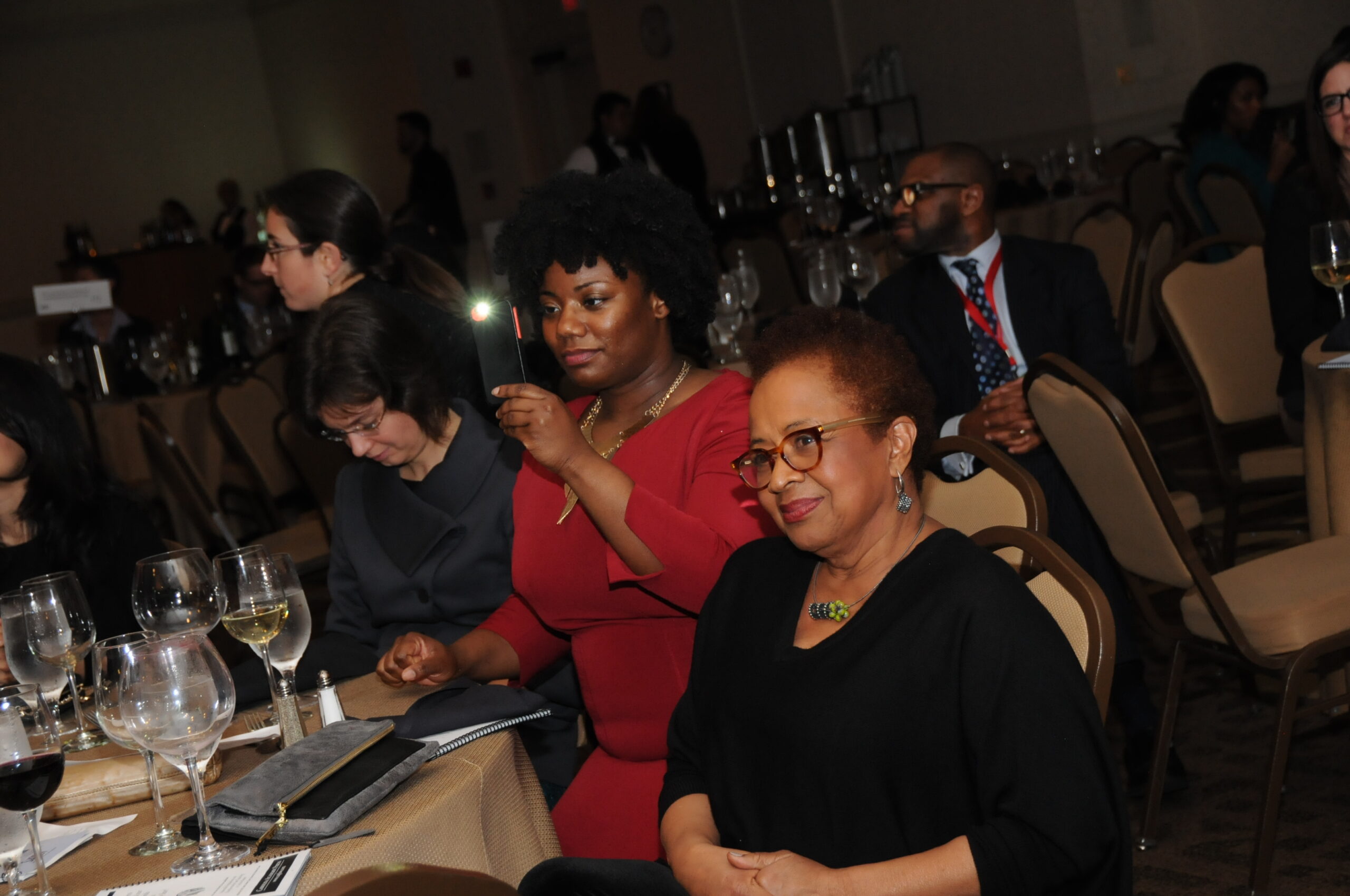A Hispanic student raised in poverty in central California will be the first person in her immigrant family to graduate from college. Her goal is to work with people of limited means on issues affecting families, communities, and employment. She would like to be a lawyer but she is concerned about the cost of law school, the prospect of spending three years far from home, her mediocre LSAT score, and job opportunities. She is confused when she hears there are “too many lawyers” because, with the exception of people accused of crimes, she knows almost no one who is able to obtain legal services. She wonders if becoming a lawyer is, in reality, a career choice reserved to privileged students who score well on exams and go on to represent society’s affluent.
Outside of progressive elements within the established bar, community legal services circles, and more recently the American Bar Association Task Force on the Future of Legal Education (ABA Task Force), where is the discussion that seriously and explicitly addresses the fact that the legal profession and law schools do not serve the majority of Americans who need legal services? Why do we retreat from challenging the common wisdom that the role of law schools is to enroll the best and the brightest test-takers in order to train them to serve affluent clients? Is elitism so entrenched in the modern American legal tradition that we have confused educational excellence with power, prestige, and affluence?
Is there any reason our hypothetical student could not take a substantial number of law credits at or near her family home through remote experiential learning placements and online classes? Can law schools reduce costs by sharing instructors and technology? Is it necessary that all law teachers be tenured academics? Is it necessary for all law students to pursue a J.D.? Why not offer a legal technician program as an alternative path for providing low-cost legal services? Can law schools partner with community non-profit and for-profit organizations and law firms to create teaching centers? Can applicants to law school be evaluated for admission based on their aptitude to be effective and socially responsible lawyers? If accepted, can they be financially supported according to need and not just merit?
Perhaps the most radical idea whose time has come is incorporating non-J.D. programs into a law school program of study. A law school (or law schools collectively) might consider discarding the traditional definition of a law school as an educational institution that only trains future lawyers. Instead, legal education might remake itself in such a way as to respond seriously to the legal needs of society’s underserved middle and lower income citizens. It might do so, in concert with the ABA or via individual state licensing policies, by training for a range of legal services authorized under state licensing and practice of law rules. For example, a law school could offer a paralegal certificate program, a legal technician training program, a real estate closing program, a program of study for using online legal information and forms, a two year accelerated J.D. program, a three year J.D. program, a “theory” oriented J.D. program, a “practice” oriented J.D. program, certificate programs of varying lengths for non-lawyers in a range of specialties, and specialized Masters programs.
The possibilities for innovation and social responsibility are endless once an institution has unshackled itself from elitist traditions, copycat curricula and cultures, and the belief that law schools exist primarily to serve the needs of affluent clients, students who want to be rich, and faculty who want protection from markets and the demands of practice. Law schools and law educators must challenge themselves to better answer the question of how we should define quality, excellence, and admissions standards in the context of legal education. A confluence of historical and recent forces make this a good time to reflect and act on the relationship between legal education and the availability of legal services to the ordinary public. We have an opportunity to reassess the assumptions and costs associated with years of copying an elitist model of legal education – a model that has neglected to train lawyers and other legal services providers to meet society’s substantial unmet legal needs. In Beyond Elitism: Legal Education for the Public Good, a forthcoming article soon to be published in University of Toledo Law Review, Dean Series, I explore more fully what a truly innovative, affordable, and public interest-minded law school might look like.
A new definition of excellence – one that does not equate excellence with hierarchies established by the current USNWR rankings system – would focus on the private interests of students (to become licensed legal services providers and find fulfilling employment) and society’s interest in having a critical mass of legal services providers who are diverse, have a desire to provide access to justice for the underserved, and are admitted to law school based on their ability to serve effectively and ethically. Understanding excellence in a way that departs from notions of LSAT selectivity, money spent per student, national reputation, faculty status, and scholarly production could benefit society by allowing law school academic programs and budgets to do what teachers’ colleges and schools of education have done for decades: train students to serve and contribute in exchange for rewarding and comfortable lives, but not with the expectation of getting rich or becoming members of an elite club.
George Critchlow is a Professor of Law, former Interim Dean and former Director of Clinical Programs at Gonzaga University School of Law.
